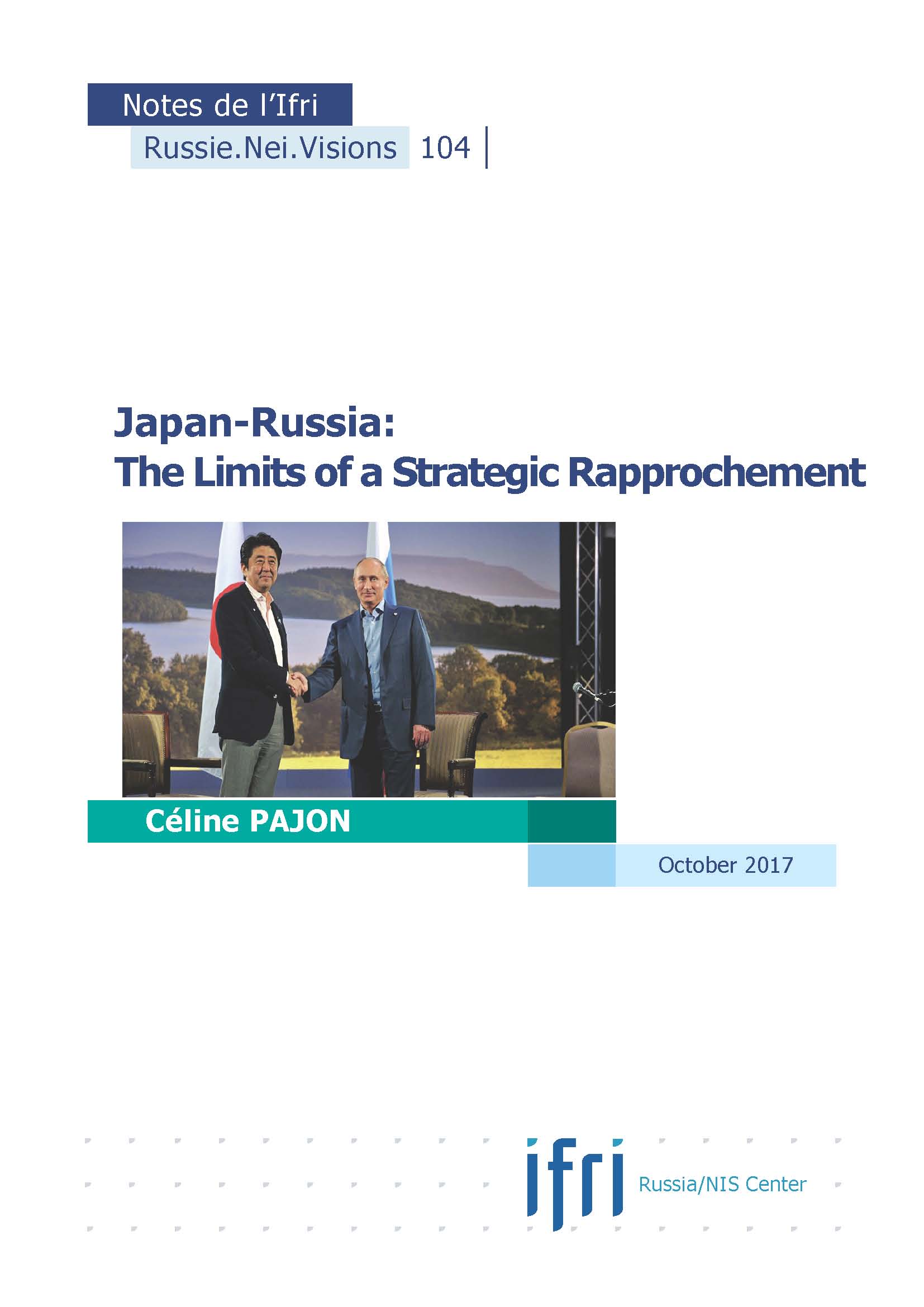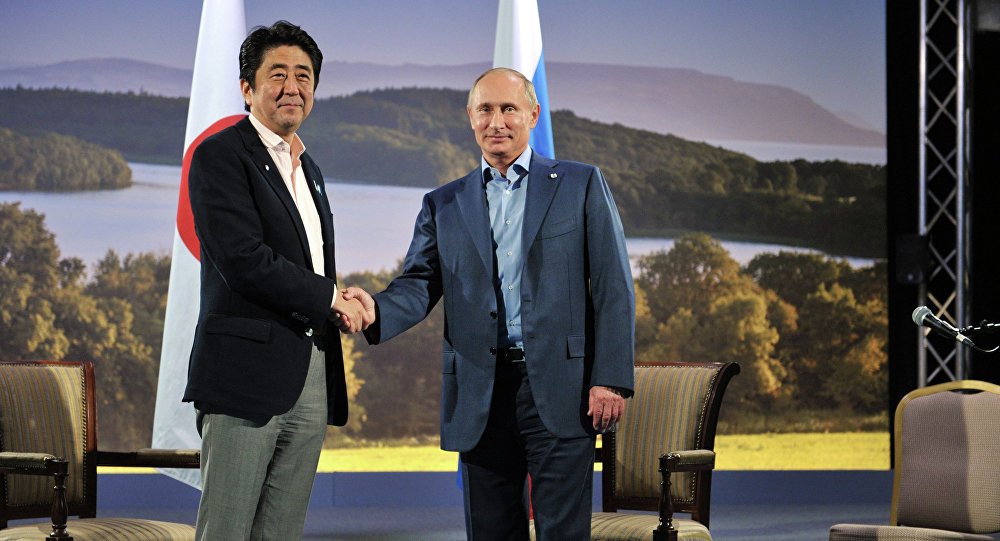Japan-Russia: The Limits of a Strategic Rapprochement

By reinforcing hostility between Russia and the West, the Ukraine crisis has shone a spotlight on the limits and contradictions of any Russo-Japanese rapprochement. Russia has grown more dependent on China, just as Japan has become more reliant on the United States.

Russia’s decision to reinvest in the Far East, both politically and militarily, and the renewed prominence of security issues in talks over territory, are symptoms of Russia’s hardening stance towards the Western powers, first and foremost the United States. Russia is also sceptical about the economic benefit of an eventual territorial agreement with Japan.
Indeed, the summit between Abe and Putin in December 2016 seemed to herald a new approach: Russia and Japan now favour an improvement in relations that is gradual, pragmatic and wide-ranging. Henceforth, the territorial dispute between Russia and Japan will only be solved once they cooperate better economically, mainly by working together to develop the Southern Kuril Islands. This approach has a number of benefits: it encourages dialogue and regular visits, offers tangible proof, with each “mini-victory”, that the partnership is advancing and allows both governments to feed their populations stage-managed stories of diplomatic triumph. In its early stages, it should finally allow Japan to return to the islands, rather than the islands to return to Japan. Nevertheless, working out how such a project would function in practice remains extremely difficult, not least because it would require the islands to be granted a special status.
Céline Pajon has been a researcher and Japan specialist at Ifri’s Center for Asian Studies since 2008, where she analyses the evolution of Japanese foreign and defence policies, as well as following the major debates of Japanese political life. Her research also covers the international relations and geo-strategy of the Asia Pacific region.
Download the full analysis
This page contains only a summary of our work. If you would like to have access to all the information from our research on the subject, you can download the full version in PDF format.
Japan-Russia: The Limits of a Strategic Rapprochement
Related centers and programs
Discover our other research centers and programsFind out more
Discover all our analysesThe Caspian Sea as an Emerging Energy Hub : Potentials and Limitations
This report analyzes the prospects of the Caspian Sea region — and its key actors except for Russia and Iran — becoming an important energy hub serving the needs of the European Union (EU).
The European Union's Strategic Test in Georgia
The political crisis brewing in Georgia is of an existential nature for the country. What is at stake is Georgia's future as a democratic and sovereign European nation (EU).
Commanders of Putin's Long War: Purged, Reshuffled and Disgruntled
The trend of reshuffling the Russian top military command in the course of a fast-evolving and far from successful war has progressed unevenly both across the Armed Forces’ structures and in time. The rationale for and timing of the abrupt cadre decisions made by Commander-in-Chief Putin often defy logical explanation, and the rare official clarifications are no more informative than the usual information blackout.
Russian Military Manpower After Two and a Half Years of War in Ukraine
In addition to a military victory in Ukraine, the Russian leadership is planning to build up sizable troop formations for a possible conflict with NATO in the Baltic region and the Kola Peninsula. In particular, current plans aim for the military manpower to grow by about 350,000, reaching a total of 1.5 million soldiers and commanders. In the context of the current conflict in Ukraine, this cannot be accomplished without a new wave of mass mobilization.











